
How to Spot a Car Repair Scam
Navigating car repairs can be tricky, especially if you're not sure what your car really needs. Many repair shops are reputable, but some may try to upsell unnecessary services or inflate your bill. Here are 10 common car repair scams to watch for — and tips to avoid them.
1. 'Urgent' Cabin Filter Replacement

Cabin filters don't need frequent replacement. Some mechanics might claim a dusty filter is a major issue, hoping to sell you a quick fix. Remember, a slightly dirty filter isn't critical; focus on essential repairs first.
2. Unnecessary New Tires
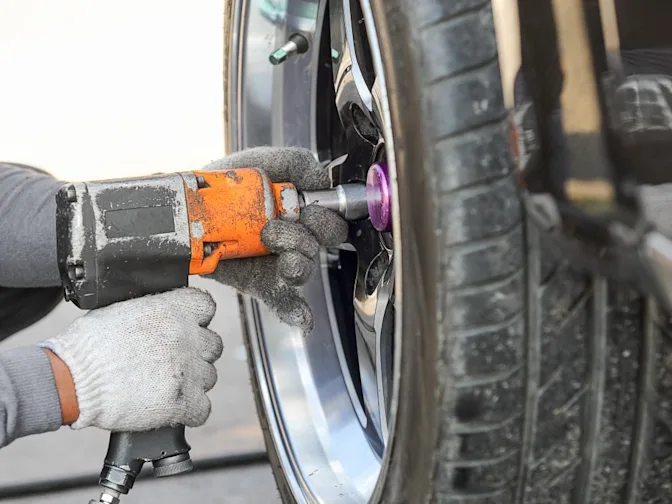
A flat doesn't always mean a new tire. Many punctures can be repaired, especially if they're not on the sidewall. Always ask to see the damage and get an explanation before agreeing to a replacement.
3. Inflated Transmission Service
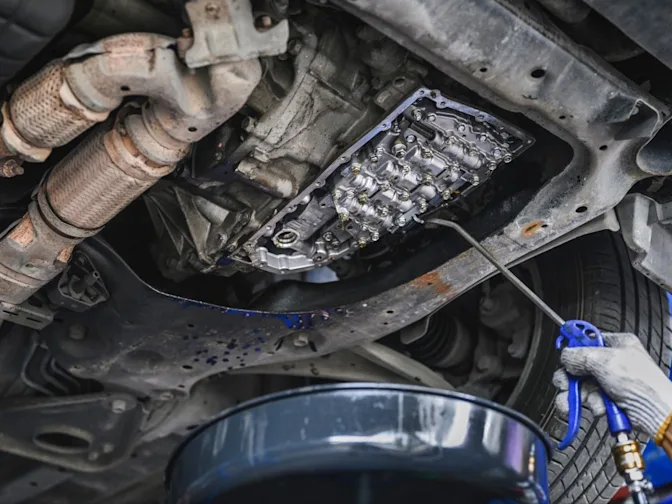
Most modern cars have transmission fluids that last much longer than shops might tell you. Check your manual to confirm if a flush is necessary before agreeing to this often costly service.
4. Engine Flushes That Aren't Needed
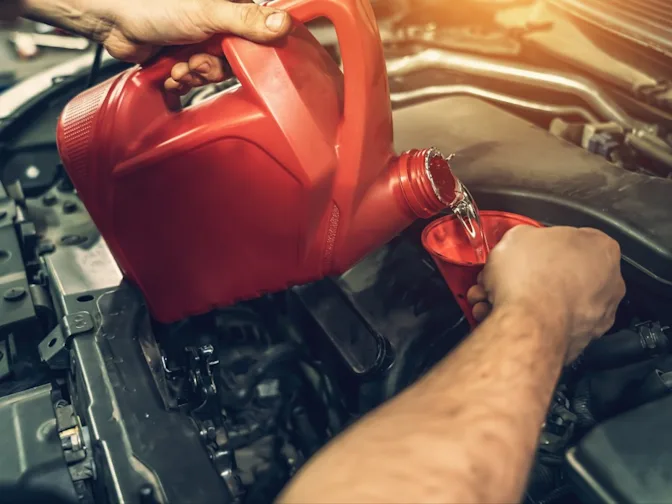
Engine flushes can sound important, but unless there's visible sludge under your oil cap, it's likely unnecessary. Instead, consider using oil additives to keep your engine clean.
5. Double Charges for Spark Plugs and Coils

Some repairs require removing multiple parts at once, like coils and spark plugs, which are often changed together. Watch for mechanics who try to bill twice for the same labor.
6. Overpriced Parts
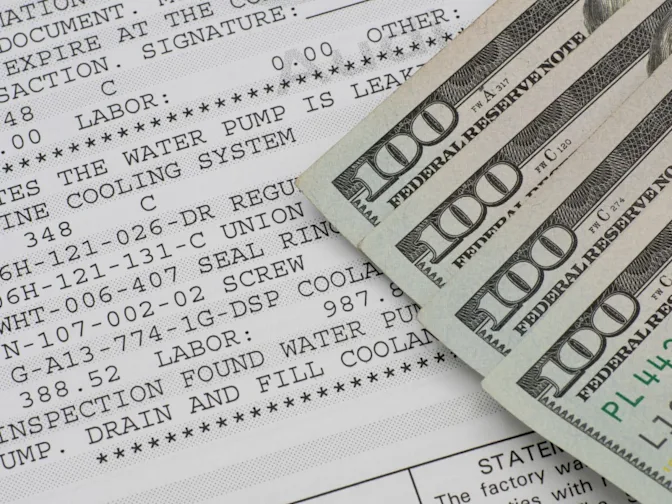
Mechanics may upcharge for parts, knowing most customers won't double-check prices. Do some research or consider sourcing the part yourself to ensure a fair deal.
7. Unneeded Fluids
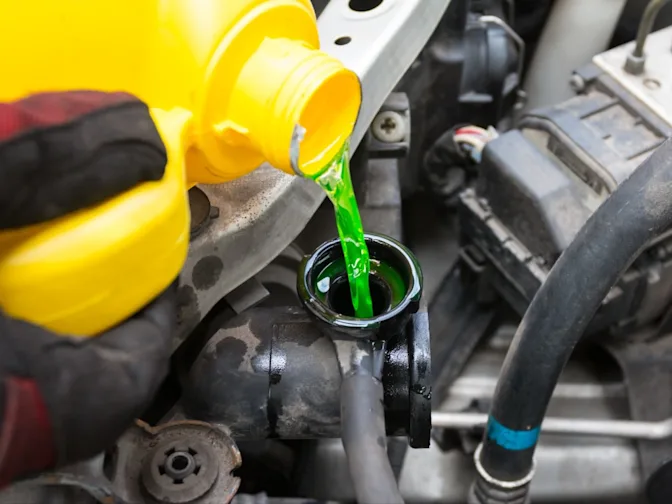
Fluid flushes like coolant or power steering are common upsells. Newer cars often need these services less frequently than shops may suggest, so rely on your manual for accurate maintenance schedules.
8. Risky 'Free' Car Washes
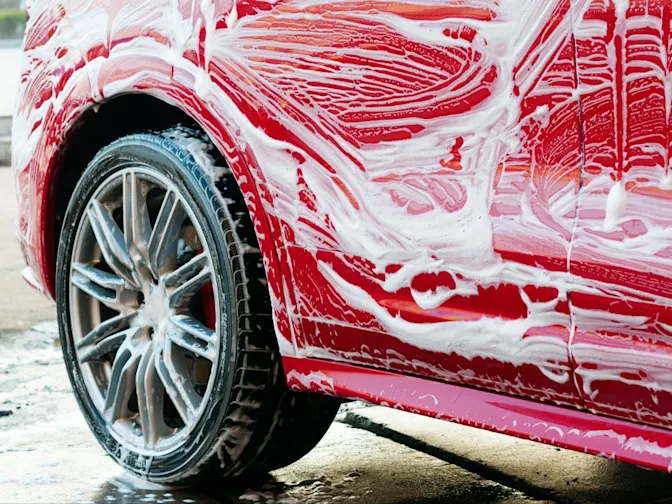
A free wash sounds nice but can leave scratches if the shop doesn't use proper techniques. Some customers have ended up paying for paint fixes after poor washes. Check the wash area or decline politely if you're unsure.
9. Counterfeit Parts
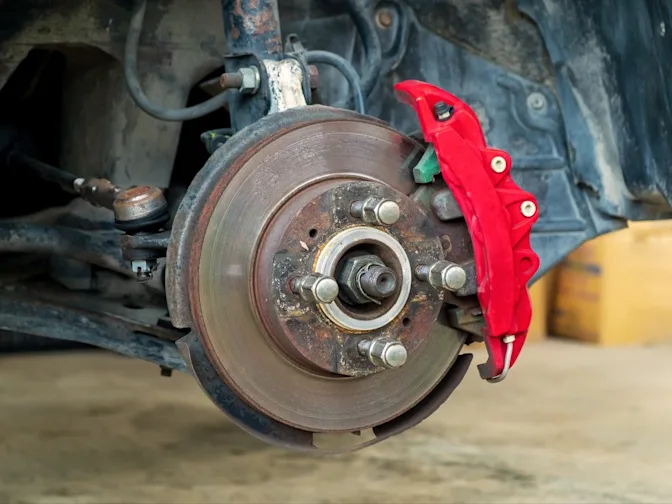
Counterfeit parts are a growing concern, especially for brakes and airbags. Stick with reputable shops that source parts from trusted suppliers, as fake parts can be unsafe and prone to failure.
10. Parts Not Actually Replaced
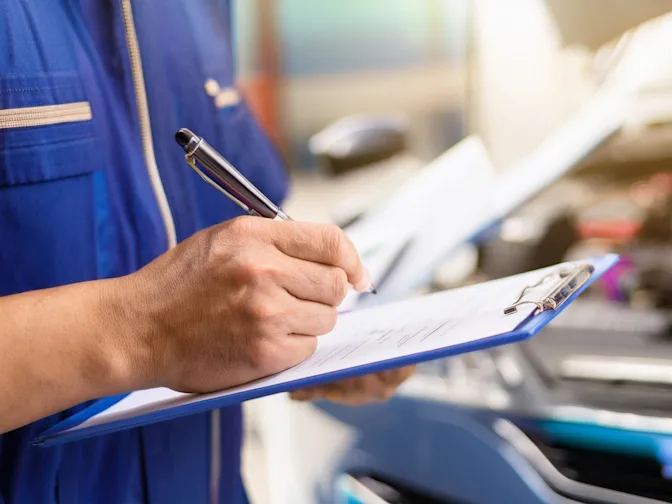
Some shops may charge for parts they didn't replace, or substitute used parts without telling you. If you're paying for new parts, ask for the old ones back as proof of replacement.
Awareness is your best defense against these scams. Ask questions, get written estimates, and don't hesitate to get a second opinion on pricey repairs. Staying informed about your car's needs can help you avoid unnecessary expenses and ensure you're only paying for essential repairs.
References: Watch Out for These 13 Common Car Repair Scams | How to Spot and Avoid Car Repair Scams























